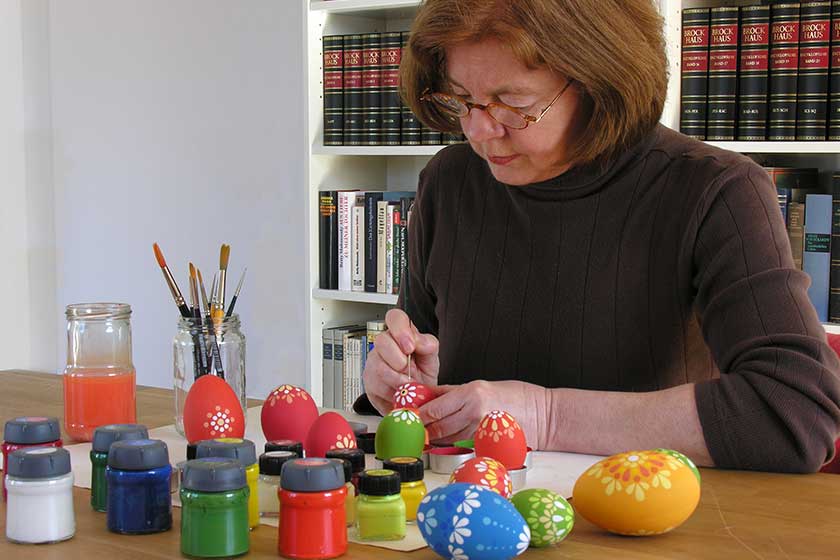The Importance Of Recreational Therapy In Memory Care Homes

In the specialized environment of memory care homes, where the focus is on residents with Alzheimer’s disease and other forms of dementia, recreational therapy plays a crucial role in enhancing the quality of life. This type of therapy goes beyond simple entertainment, offering structured activities designed to stimulate cognitive function, maintain physical health, and nurture emotional well-being. Understanding the impact of recreational therapy can help families appreciate why these activities are integral to the care provided in memory care.
Cognitive Stimulation Through Recreational Activities
In memory care facilities, recreational therapy is specifically designed to interact with and stimulate the cognitive skills of individuals across different stages of dementia. Engaging in activities like solving puzzles, playing memory-focused games, and creating personalized art projects are instrumental in preserving mental sharpness and potentially delaying cognitive deterioration.
These activities are crafted to be both fun and easily approachable, ensuring that all residents, regardless of their cognitive state, can take part effectively. Achieving success in these tasks not only fosters a feeling of achievement but also enhances self-esteem, which is essential for the emotional well-being of the residents.
Physical Benefits of Recreational Therapy
Physical activity is a major component of recreational therapy, offering benefits that extend beyond cognitive maintenance. Gentle exercises, dance, and even group walks are commonly incorporated into the daily routines of memory care homes. These activities help maintain mobility, balance, and general physical health, which are important for residents’ independence and quality of life. Additionally, physical activities are adapted to meet the capabilities of each resident, ensuring that everyone can participate safely and gain the health benefits of staying active.
Enhancing Emotional Well-being and Social Interaction
Recreational therapy also plays a critical role in supporting the emotional and social needs of residents in memory care homes. Social activities, such as music sessions, group storytelling, or themed parties, provide vital opportunities for interaction and help combat feelings of isolation and depression often associated with dementia.
By fostering a sense of community and belonging, recreational therapy helps residents maintain a connection to others and enhances their overall well-being. Emotional support is also provided through one-on-one interactions during activities, which helps to build trust and comfort between residents and caregivers.
Tailored Programs and Continuous Adaptation
The effectiveness of recreational therapy in memory care homes relies on the continuous adaptation and customization of programs to meet the evolving needs of residents. As dementia progresses, the types of activities that a resident can participate in will change, requiring caregivers to regularly assess and modify their approach. This dynamic aspect of recreational therapy ensures that each resident’s individual needs are met, maximizing the benefit of every activity.
The importance of recreational therapy in memory care homes cannot be overstated. It provides essential cognitive, physical, and emotional benefits that significantly enhance the quality of life for residents.
Our community is dedicated to offering comprehensive recreational therapy programs designed to stimulate cognitive function, maintain physical health, and nurture emotional well-being. We provide a wide range of activities, from memory games and arts and crafts to gentle exercise and social events, all tailored to meet the evolving needs of each resident. Our approach ensures that residents remain engaged, active, and supported throughout their stay. To learn more about how we can help your loved one thrive, contact us today.
